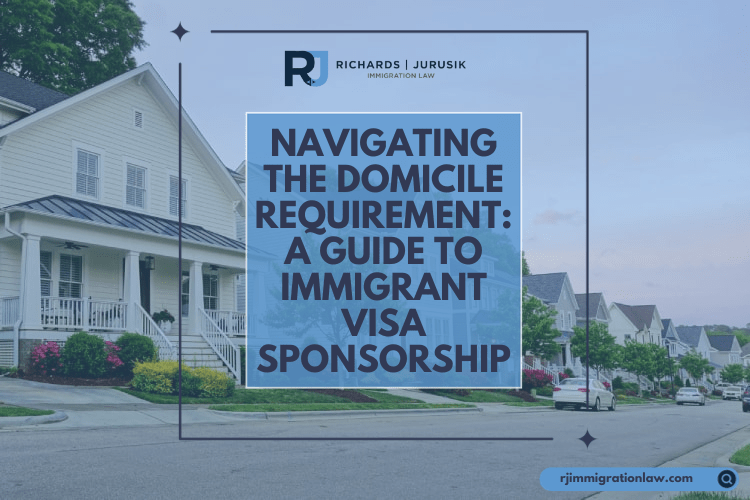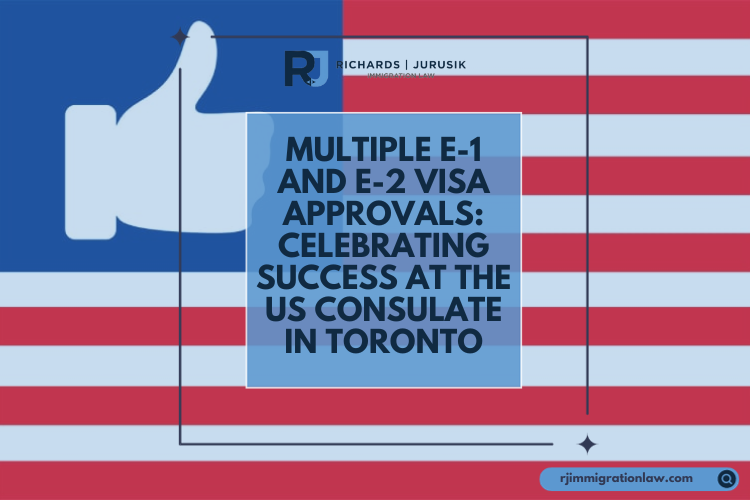Decoding “Domicile”
Domicile refers to the principal residence of a sponsor with the intent to maintain that residence for the foreseeable future. It’s a key criterion for immigrant visa sponsorship, and sponsors must navigate it diligently to ensure compliance.
Sponsors Living Outside the United States
If you find yourself outside the United States, meeting the domicile requirement is still possible. Here are the conditions under which sponsors living abroad can fulfill the domicile requirement:
- Employment by Defined Organizations: Certain employment situations qualify sponsors living abroad.
- Temporary Residence: Sponsors living abroad temporarily can maintain their U.S. domicile. This requires a genuine intention to establish domicile in the U.S. before the immigrant’s admission.
Maintaining U.S. Domicile While Abroad
Even if residing outside the U.S., both U.S. citizens and lawful permanent residents can qualify as sponsors. To establish U.S. domicile while abroad, sponsors must fulfill these criteria:
- Departed the U.S. for a limited, non-indefinite period.
- Intent to maintain U.S. domicile.
- Provide evidence of continued ties to the U.S.
Proof of Temporary Trip Abroad
Ensuring your trip abroad is deemed temporary involves providing evidence such as:
- Voting records in the U.S.
- Payment records of U.S. state or local taxes.
- Ownership of property in the U.S.
- Maintenance of U.S. bank or investment accounts.
- Possession of a permanent U.S. mailing address.
Conclusion
Navigating the domicile requirement is integral to successful immigrant visa sponsorship. Understanding the nuances, conditions, and acceptable proofs ensures a seamless process, whether you’re residing in the U.S. or abroad.
Additional Outside Resources
Subscribe to Our Resources Blog
Schedule a Consultation with an Immigration Lawyer
We Can Help!
You may have questions regarding U.S. immigration laws and visas. We invite you to reach out to our team at Richards and Jurusik for detailed guidance and assistance. Our goal is to provide you with the most accurate and up-to-date information to make your immigration process smoother and less stressful. The immigration lawyers at Richards and Jurusik have decades of experience helping people to work and live in the United States. Read some of our hundreds of 5-star client reviews! Contact us today for an assessment of your legal situation.







